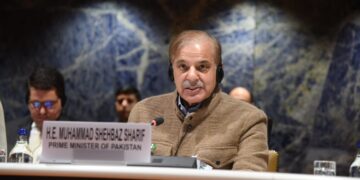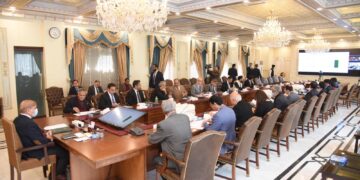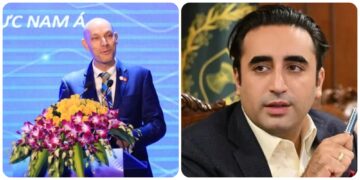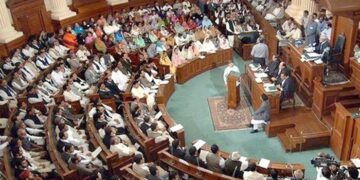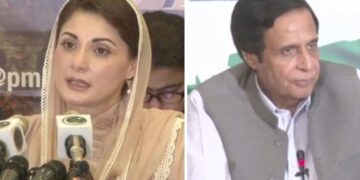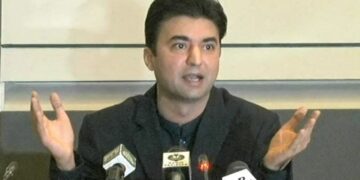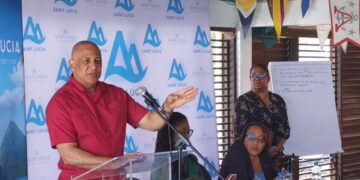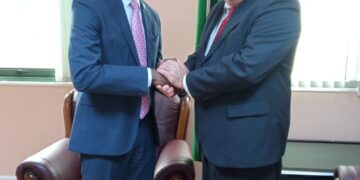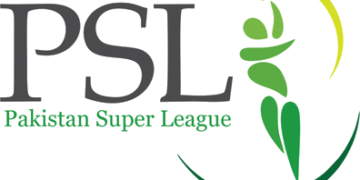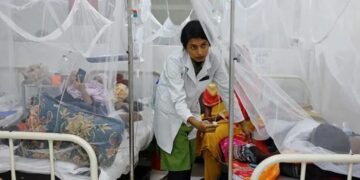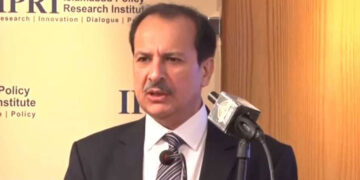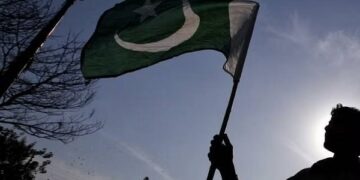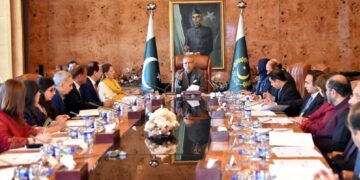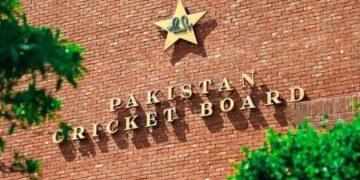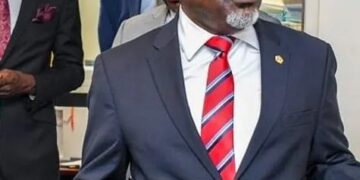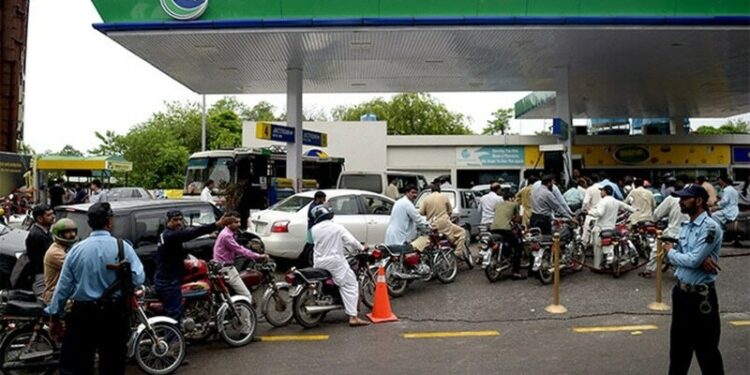The opposition parties have condemned the unprecedented increase in fuel prices, with PML-N President Shehbaz Sharif accusing the PTI government of being “insensitive and uncaring” to the sufferings of inflation-stricken people.
Last night, the government announced an unprecedented price hike of up to Rs10 to Rs12 per litre on all petroleum products for the next fortnight, ending February 28, “to pass on the impact of higher international oil prices” and the imposition of an additional petroleum levy, as promised to the International Monetary Fund (IMF).
These are the highest-ever pricing for all of the products, as well as the largest-ever price increase in one go.
On January 15, the government raised petrol prices by Rs 3.01 to Rs147.83.
“It is taking people’s right to life,” Shehbaz, the PML-N president, said of the PTI-led administration.
“Teach Prime Minister Imran Khan a proper lesson in the next general elections,” he implored the people.
Jamaat-i-Islami leader Sirajul Haq stated his party “would not sit mute on this barbarism,” adding that the hike was yet another example of the government’s “brutality,” and threatening a protest march towards Islamabad.
PPP chairperson Bilawal Bhutto Zardari slammed the rate hike, saying the “chosen government’s” days are limited, and citizens will not tolerate it at any cost.
Bilawal also stated that his party’s long march, scheduled on February 27, will hold the government accountable for its policies.
Ishaq Dar of the Pakistan Muslim League-Nawaz (PML-N) said the rate hike was unaffordable for the general public, and that it was the result of a “dictated devaluation in the Pakistani currency.”
Meanwhile, Nafisa Shah of the PPP questioned how individuals would make ends meet following the high hike.
Another PPP lawmaker, Naz Baloch, who used to be a member of the PTI, predicted that the price increase will result in a new peak in inflation.
The decision for the extraordinary hike was announced by the Ministry of Finance yesterday, after Prime Minister Imran Khan decided to raise a levy on all petroleum products by Rs4 per litre to honour the IMF’s commitment to keep the Extended Fund Facility running smoothly (EFF). The GST rate on all of these products, however, remained constant at zero.
Petrol and HSD are two important items that provide the government with the majority of its revenue due to their widespread and continuing consumption in the country. In comparison to HSD usage of roughly 800,000 tonnes per month, average fuel sales are approaching 750,000 tonnes per month. Kerosene and LDO sales are typically under 11,000 and 2,000 tonnes per month, respectively.
